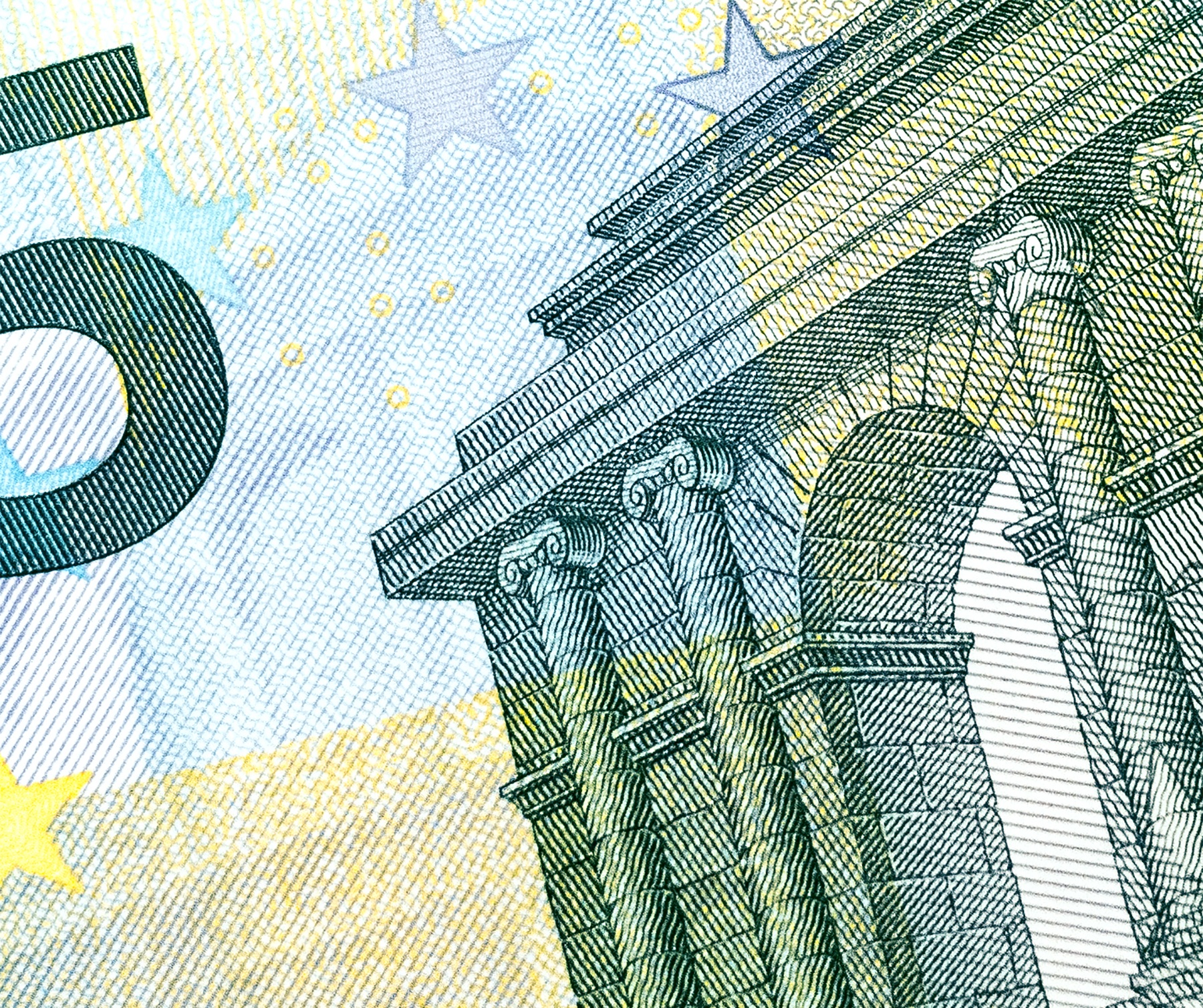Money CAN buy happiness – if your purchases fit your personality, suggests new research.
The study, published in the journal Psychological Science, examined nearly 77,000 actual UK bank spending transactions.
It revealed that people who spent more money on purchases that aligned with their personality traits reported greater life satisfaction.
Spending-personality fit was more strongly associated with life satisfaction than were either total income or total spending.
The study was conducted by researchers at Cambridge Judge Business School and the Psychology Department of Cambridge University.
Bank customers were asked whether they would complete a standard personality and life satisfaction questionnaire, and to consent to their responses being matched anonymously for research purposes with their bank transaction data.
The final study was based on 76,863 transactions of 625 participants – none of whose names were known to the researchers.
The researchers whittled down 112 spending categories automatically grouped by the bank into 59 categories that had at least 500 transactions over a six-month period.
The study matched spending categories on the widely recognised “Big Five” personality traits – openness to experience, conscientiousness, extraversion, agreeableness, and neuroticism.
For example, “eating out in pubs” was rated as an extroverted and low conscientiousness spending category, whereas “charities” and “pets” were rated as agreeable spending categories.
The researchers then compared the participants’ actual purchases to their personalities using the scale, and found that people generally spent more money on products that match their personality.
For example, a highly extroverted person spent around £52 more each year on “pub nights” than an introverted person. Similarly, a highly conscientiousness person spent £124 more annually on “health and fitness” than a person low in conscientiousness.
And the figures showed that those who bought products that more closely matched their personalities reported higher satisfaction with their lives, and the effect was stronger than that of their total income or total spending.
Study co-author Joe Gladstone, a research associate at Cambridge Judge Business School, said: “Historically, studies had found a weak relationship between money and overall well-being.
“Our study breaks new ground by mining actual bank-transaction data and demonstrating that spending can increase our happiness when it is spent on goods and services that fit our personalities and so meet our psychological needs.”
The researchers believe their findings hold widespread implications, including for internet traders using search-based recommendation engines.
The researchers also backed up their findings by running a second experiment, where they gave people a voucher to spend in either a bookshop or at a bar.
Extroverts who were forced to spend at a bar were happier than introverts forced to spend at a bar, while introverts forced to spend at a bookshop were happier than extroverts forced to spend at a bookshop.
The researchers said the follow-up experiment overcomes the limitations of correlational data by showing that spending money on things that match a person’s personality can cause an increase in happiness.
Co-author Sandra Matz, a PhD candidate in the psychology department at Cambridge University, added: “Our findings suggest that spending money on products that help us express who we are as individuals could turn out to be as important to our well-being as finding the right job, the right neighborhood or even the right friends and partners.
“By developing a more nuanced understanding of the links between spending and happiness, we hope to be able to provide more personalized advice on how to find happiness through the little consumption choices we make every day.”




